Profile: Major General Gholam-Ali Rashid, veteran strategist of Iran’s defense doctrine
By Alireza Akbari
Major General Gholam-Ali Rashid, commander of Iran’s Khatam al-Anbiya Central Headquarters, was among the martyrs in Friday’s Israeli aggression on Tehran.
The Chief of Staff of the Iranian Armed Forces, Major General Mohammad Bagheri, the top commander of the Islamic Revolution Guards Corps (IRGC), Major General Hossein Salami, and three veteran nuclear scientists were also martyred in the Israeli terrorist attacks.
Born in 1953 in the western Iranian city of Dezful, Major General Rashid began his social and political activism against the West-backed Pahlavi regime during his teenage years.
Major General Rashid was first arrested in 1971 by the Pahlavi secret police, SAVAK, in his hometown of Dezful. He was subsequently transferred to Ahvaz, where he spent a year in prison.
In 1976, he was arrested again in Isfahan and transferred to Tehran, spending another year in prison until his release in 1977. Upon his release, he resumed his political activities.
After the Islamic Revolution and the establishment of the IRGC, Major General Rashid began his military career as the Deputy for Intelligence and Operations of the IRGC in Dezful.
During the Imposed War in the 1980s, he emerged as one of the senior IRGC commanders, playing a key role in several major operations against the West-backed Baathist regime.
In 1984, during Operation Kheibar, the Khatam al-Anbiya Central Headquarters was formed as a joint high command between the IRGC and the Army.
During this critical period, he was instrumental in operational planning and coordination.
From 1986 to 1989, he served as Deputy for Operations at the IRGC Joint Staff. He was subsequently transferred to the General Staff of the Armed Forces, where he served as Deputy for Intelligence and Operations from 1989 to 1999.
In the years following the Imposed War, Major General Rashid remained a key figure in the country’s military leadership. From 1986 to 1989, he served as Deputy for Operations at the IRGC Joint Staff.
He then held the role of Deputy for Intelligence and Operations at the General Staff of the Armed Forces from 1989 to 1999.
After his promotion in 1999, he served as Deputy Chief of Staff of the Armed Forces for 17 years before being appointed Commander of the Khatam al-Anbiya Central Headquarters, a role he maintained until his martyrdom.
Between 1999 and 2016, he held the post of Deputy Chief of Staff of the Armed Forces for 17 years.
In 1999, Rashid was promoted to the rank of Major General and formally appointed Deputy Chief of Staff of the Armed Forces.
In 2016, he was appointed Commander of the Khatam al-Anbiya Central Headquarters, overseeing the strategic planning, coordination, and operational command of Iran’s armed forces.
He also served as Deputy for Defense Affairs at the Secretariat of the Supreme National Security Council, further cementing his influence within Iran’s strategic and military planning circles.
The Khatam al-Anbiya Central Headquarters, which he led from 2016 until his martyrdom in 2025, is Iran’s highest operational command unit.
It is responsible for the design, coordination, and oversight of joint operations between the Army and the IRGC.
He held a master’s degree in political geography from the University of Tehran and a Ph.D. in the same field from Tarbiat Modares University.
He also served as an associate professor and faculty member at the Supreme National Defense University (SNDU) and Imam Hossein University in the capital, Tehran.
VIDEO | Venezuela installs interim president after US kidnapping of Maduro
Iran FM urges world, UN to voice decisive opposition to attack on Venezuela
Sanctions slow Iran’s 5G expansion despite growth in network rollout
VIDEO | Chinese, South Korean presidents hold summit amid global outcry against US
Israel pushes to keep Gaza closed to foreign media
VIDEO | Militant escape and assassination attempt signal worsening security in eastern Yemen
Over 40 candidates register to compete for Iraq's presidency
HTS and Israeli officials meet in Paris for talks amid attacks on Syria


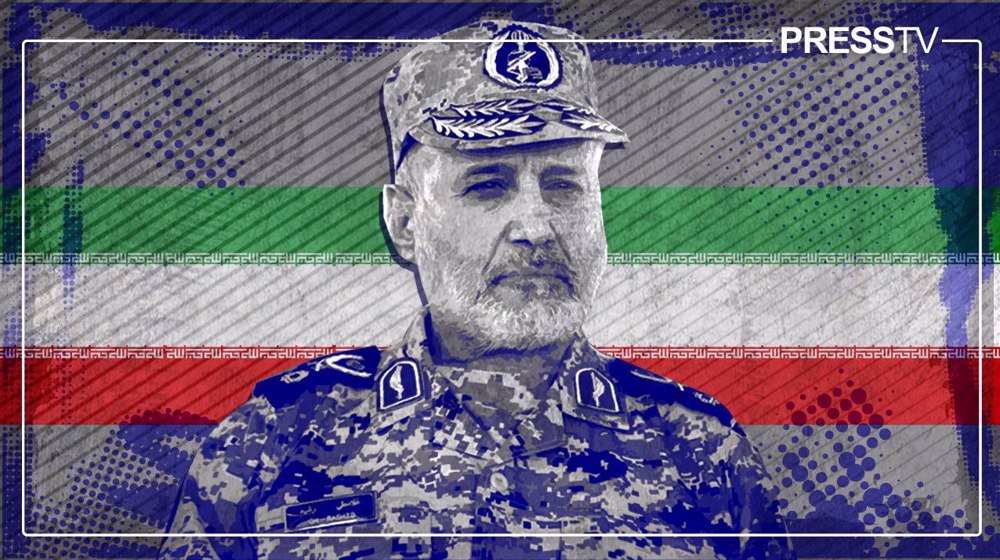
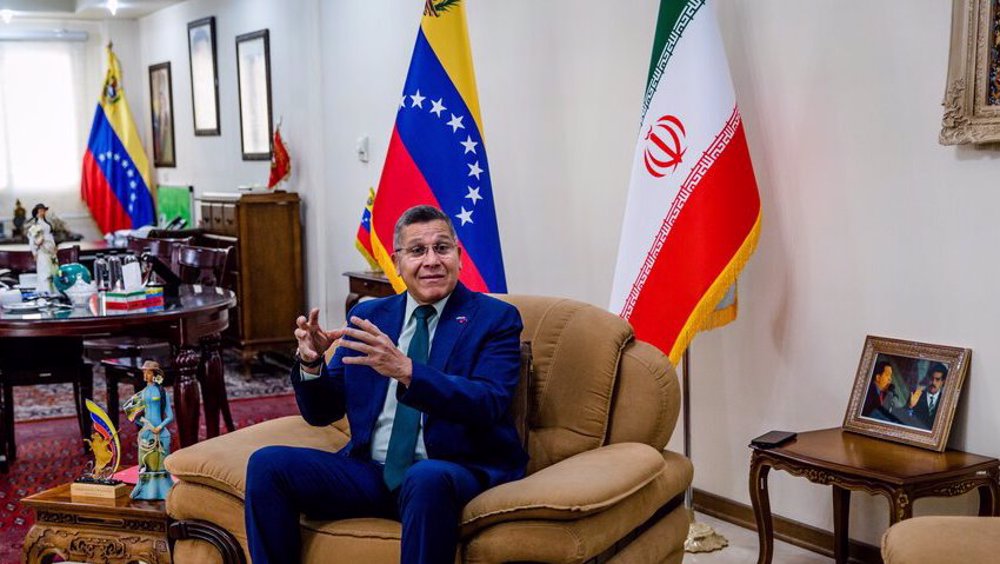
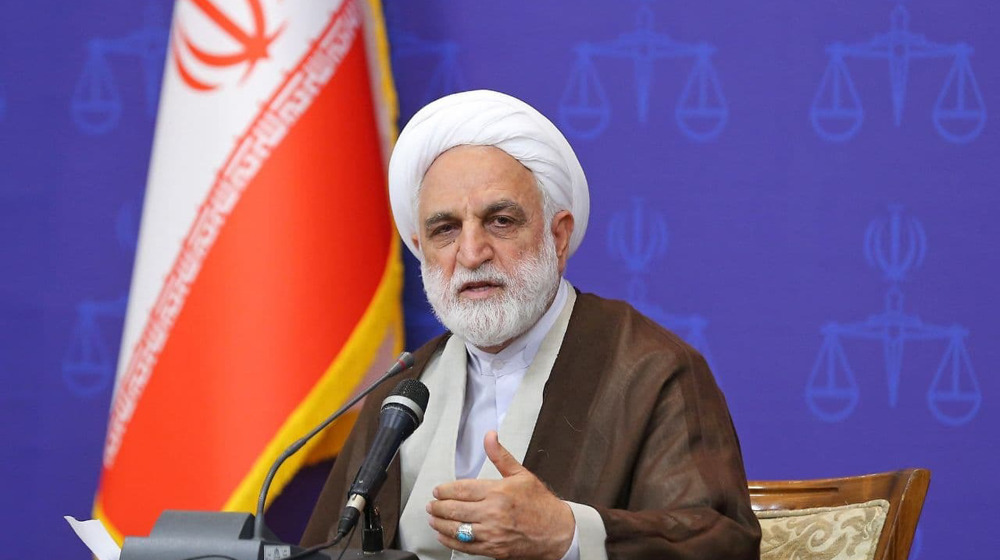




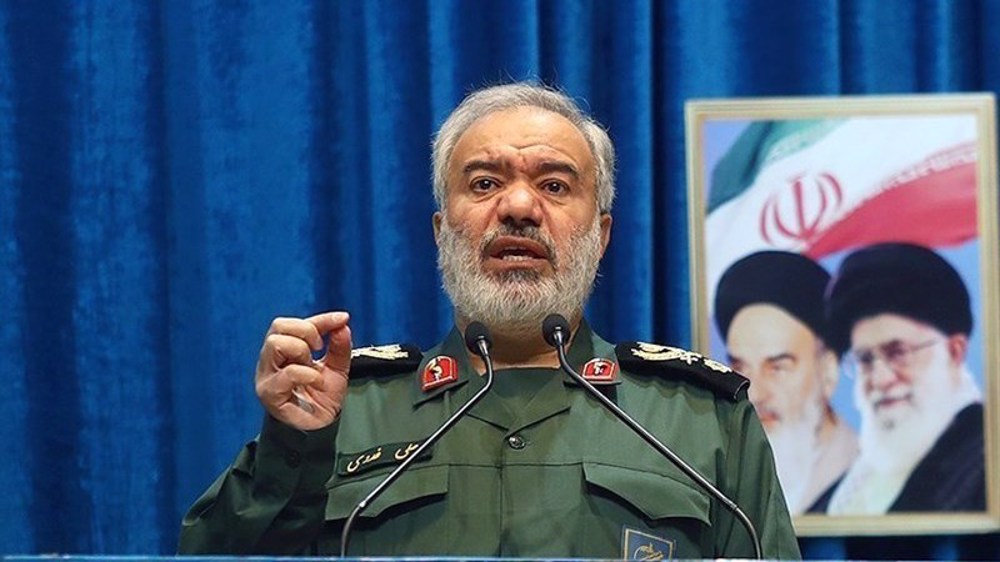
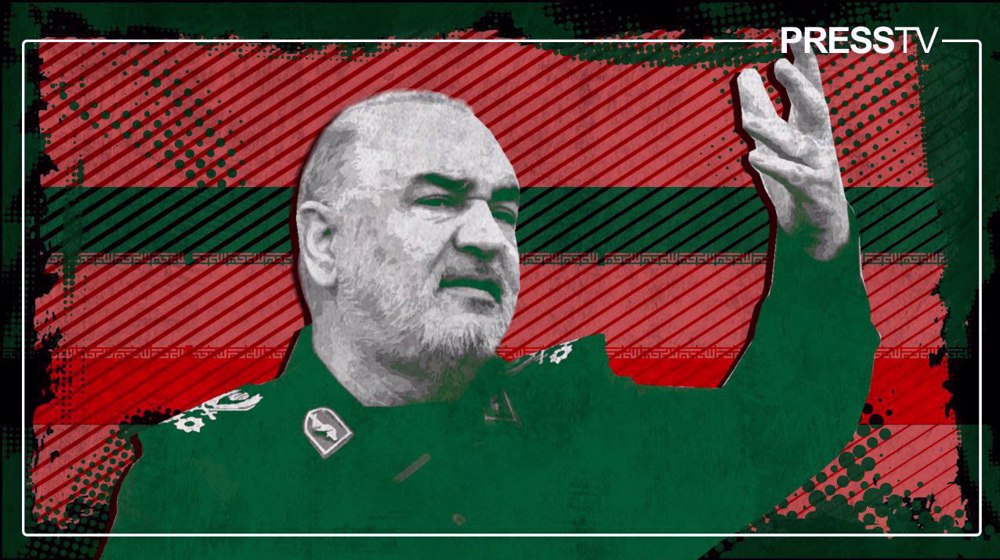
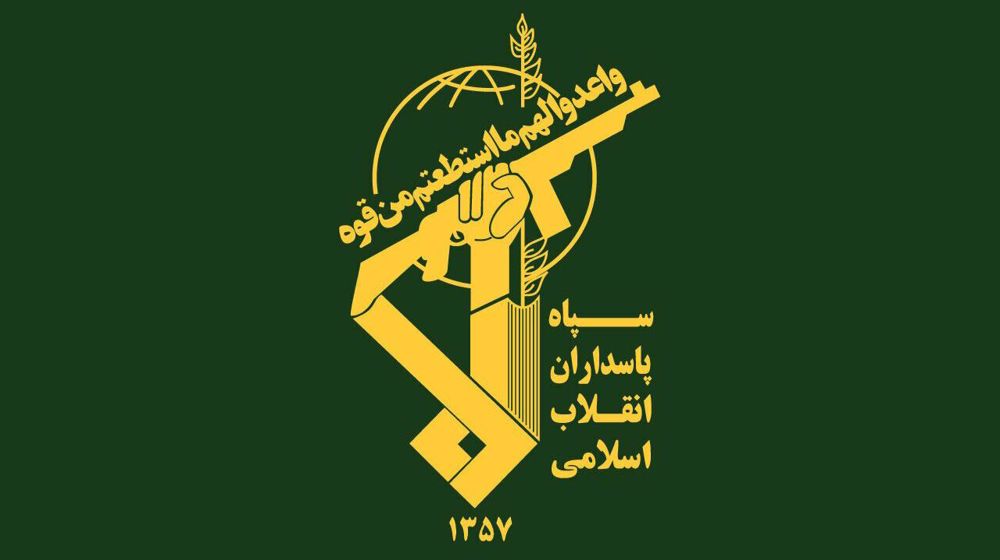

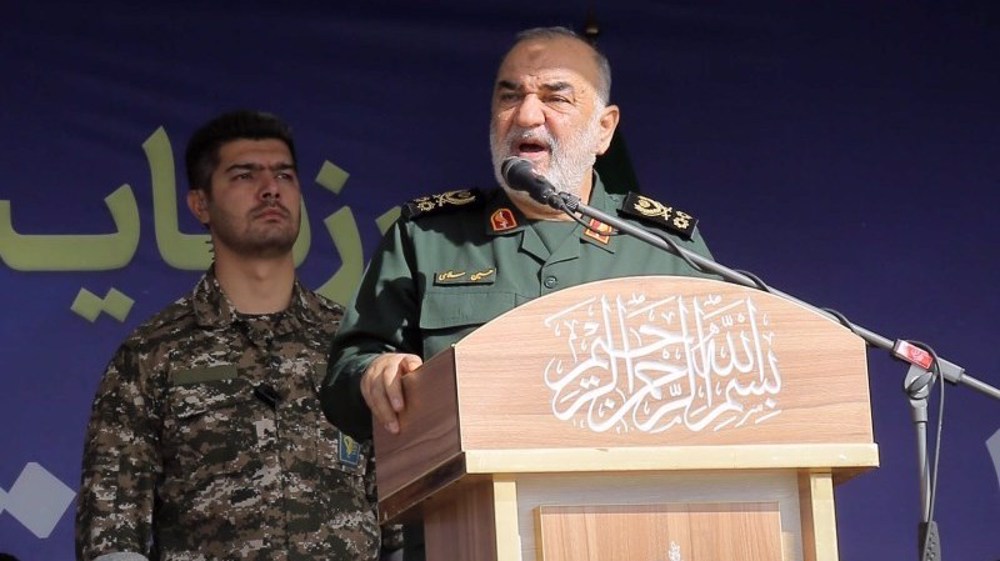

 This makes it easy to access the Press TV website
This makes it easy to access the Press TV website